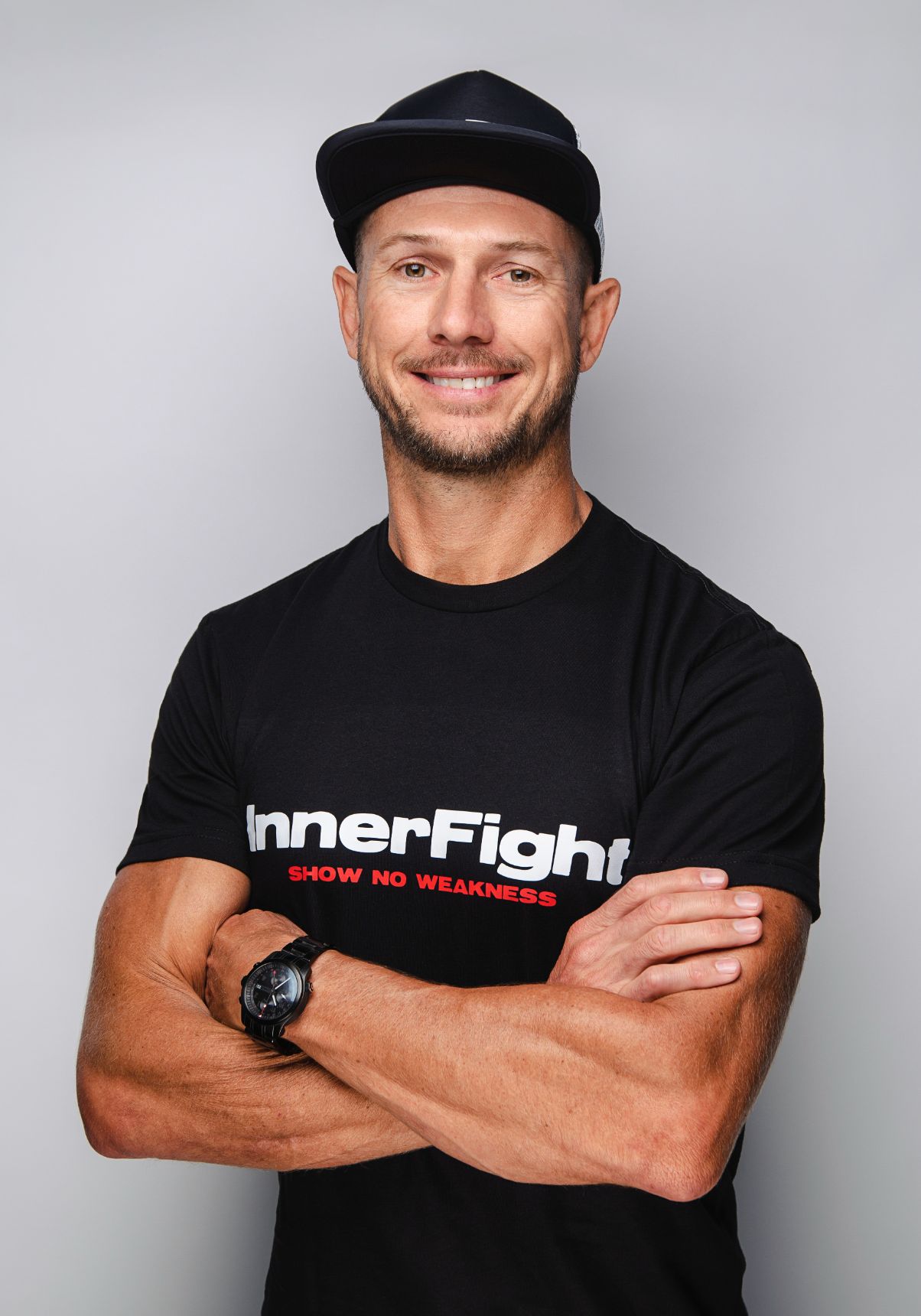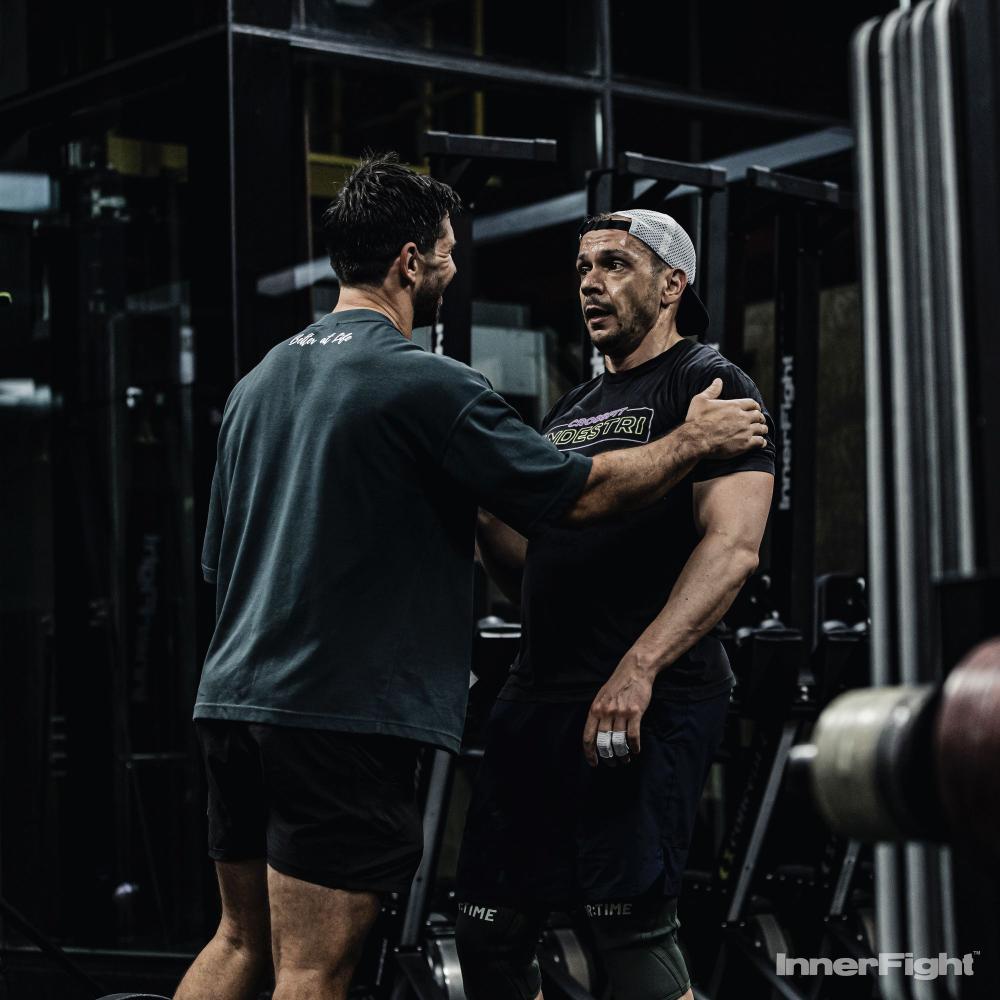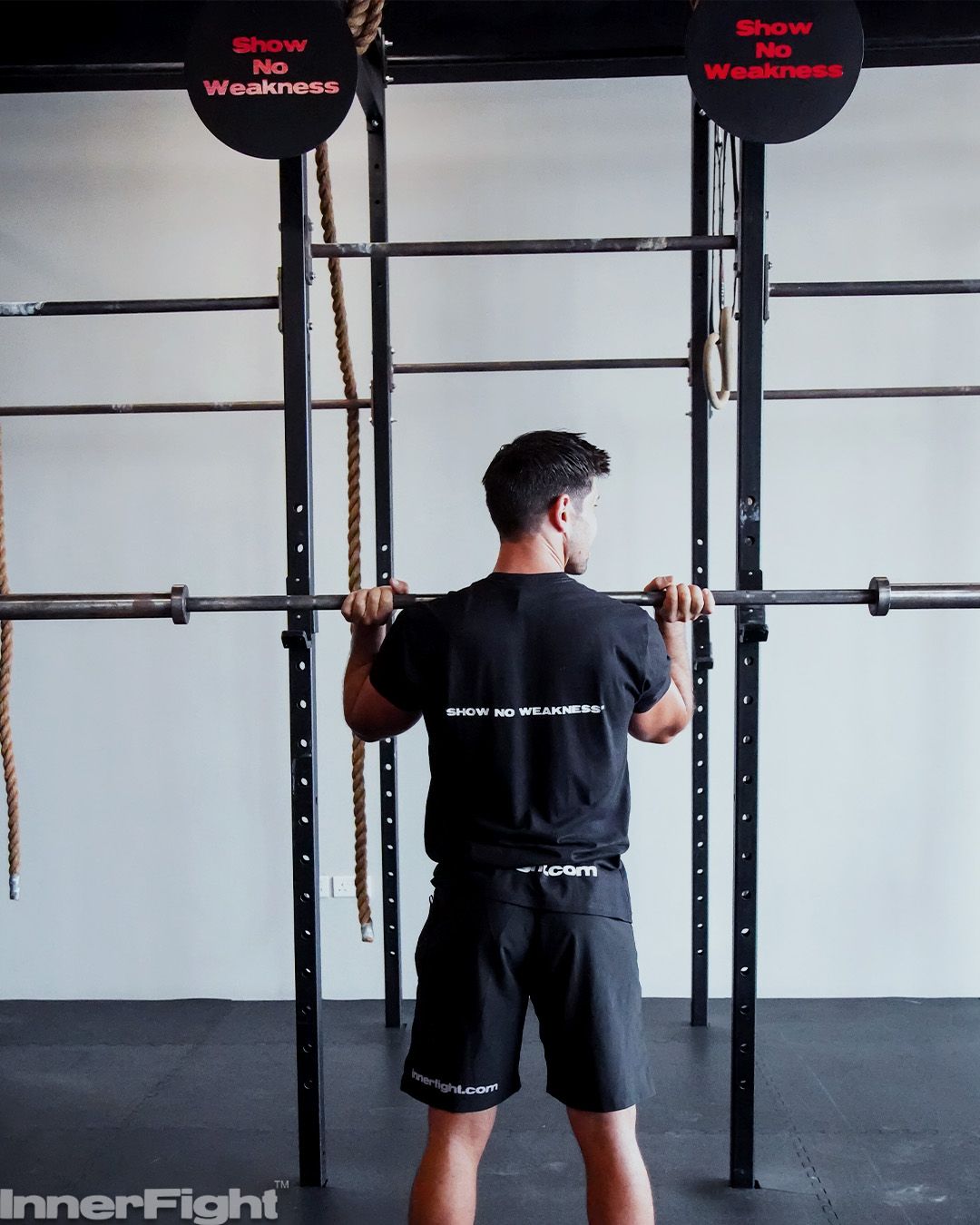Pain Management in Fitness Training

At some point, we will all experience pain management challenges in our fitness journey. It's inevitable, and if you expect to never experience it in training, you're in for an unpleasant surprise. I thought it useful to talk about some things to consider around ongoing pain and its incredibly complex nature.
The Complexity of Pain
Collectively, we want a single definitive answer as to what is causing our pain. We want to point to one thing and say "that is the reason," however it is likely just part of the reason. Effective pain management in fitness requires understanding this complexity.
Most people's understanding of pain is based on this idea that pain means damage or injury. That it is purely a result of a "biological issue."
The Biopsychosocial Model of Pain
I have used the term biological, which might seem a little odd, but when we look at pain science, we can see why. Modern pain science is broken down into what is called the "biopsychosocial model." It encompasses your biology, your psychology, and social environments.
It is quite easy to sustain a significant injury, having a huge impact on your biology, and experience no pain at all. Stories of soldiers not realising they have been shot in battle, sportsmen walking off the pitch with tears and breaks.
Personal Experiences with Pain Management
From a purely anecdotal perspective, after ripping my pec tendon off the bone, and after the subsequent surgery to repair it, I had zero pain. Go figure?!
On the flip side, I have coached two people in the past whose ongoing lower back pain only resolved itself after the first one left a job which had been the source of extreme stress and occasional misery, and in the second case, when we addressed their fear and belief about the risk to their lower back from not having a completely neutral spine when picking up literally anything from the floor.
The Importance of Psychology and Social Environment
What I am saying is that pain is complicated and multifaceted, it is there as a protective mechanism that may come into play even when it isn't needed. It would also seem that your psychology and social environment are far more important than your biology in your experience of ongoing pain.
Psychologically, stress and expectation play a huge role in pain. Pain experiences may lead to catastrophic thoughts and with that a heightened pain experience. Many people hurt themselves on a movement and a seed of fear, and an expectation of pain will be planted for that movement in the future.
Social Narratives and Pain
If we then look at the social element and we think about the prevailing narratives that exist around lifting weights and training, it is easy to see these activities as risky and dangerous.
As a result, there is a lot of fear and foreboding around certain movements, unsolicited comments and advice about lifting being dangerous and "you'll hurt your back doing that" abound everywhere and constantly reinforce this narrative.
Understanding Pain as a Signal
When we go back to looking at pain through the biology lens, it is important to consider that pain, instead of being a signal about injury or damage, may well be a signal about tolerance or capacity of certain tissues.
In order to address tolerance, simple things like reducing the load, adding in a tempo, or opting for a variation of a movement for a few weeks may be all that is needed to resolve that pain before returning to training as normal.
Final Thoughts on Pain Management
It is important to consider that at present you may be suffering, but it will get better. Having a better understanding of all the factors that contribute to your pain experience, and having knowledge about where certain beliefs and expectations come from, I think is empowering.
Combining this with an appreciation that your body will heal and adapt, and that things like lower back pain usually resolve themselves within 6 weeks are useful messages to keep in mind.
Hopefully, you found this whistle-stop tour around some of the factors that contribute to pain useful, and you now have some other avenues to explore when it comes to pain management in your fitness journey.
Fun - Honesty - Simplicity - Smash Life- MENTAL TOUGHNESS - Hard Work



.avif)


.jpg)
.avif)

.jpg)
.jpg)
.avif)
